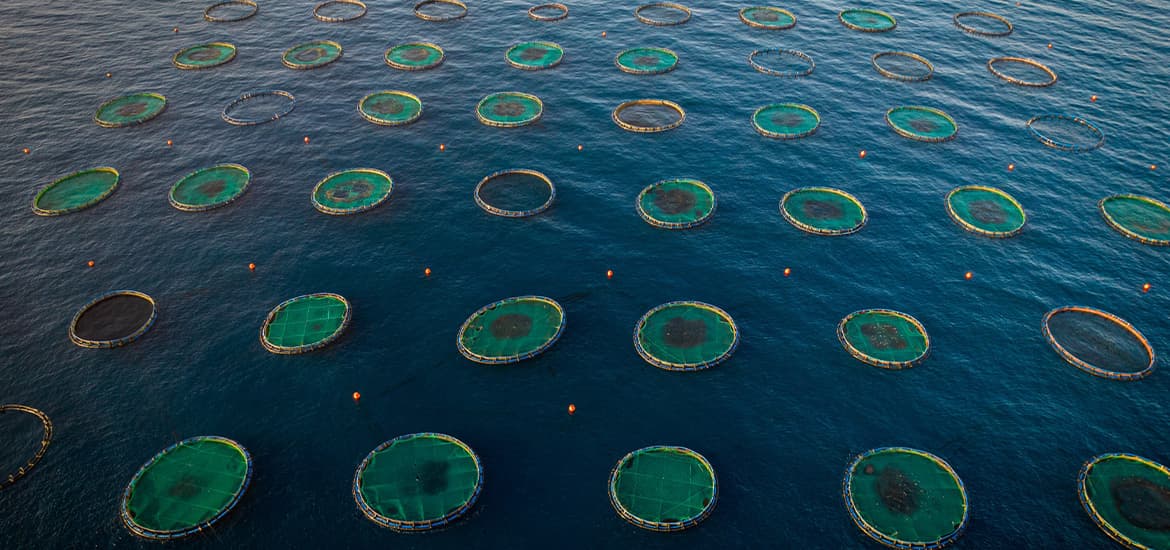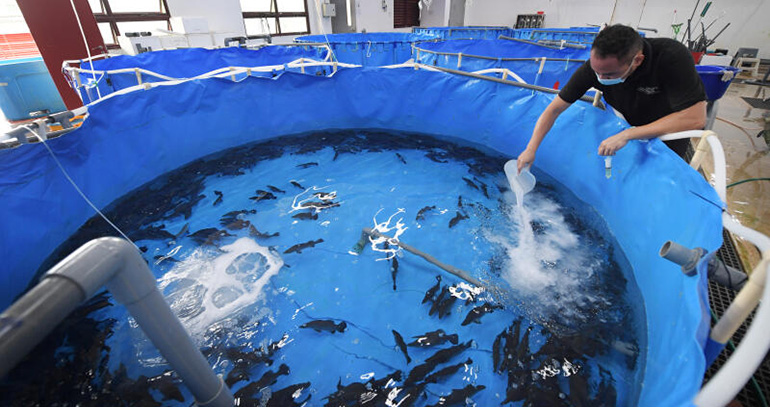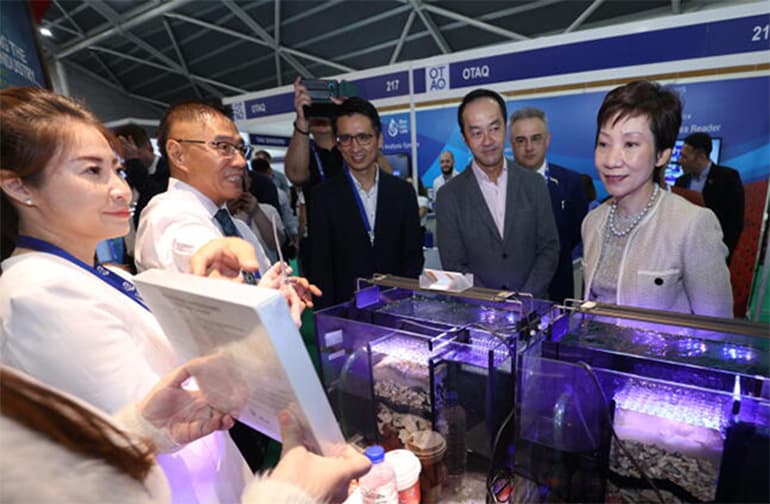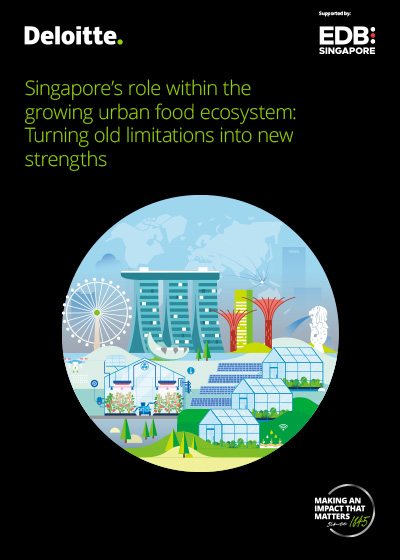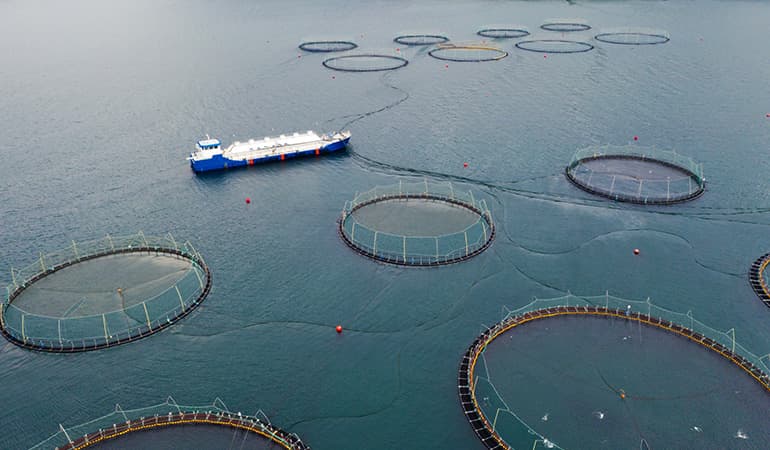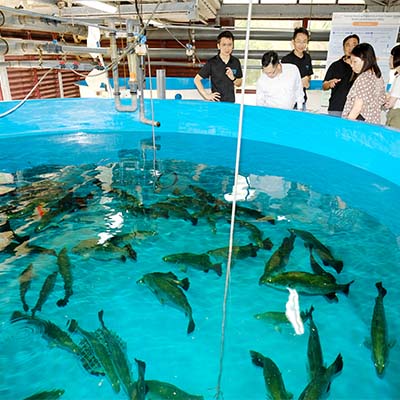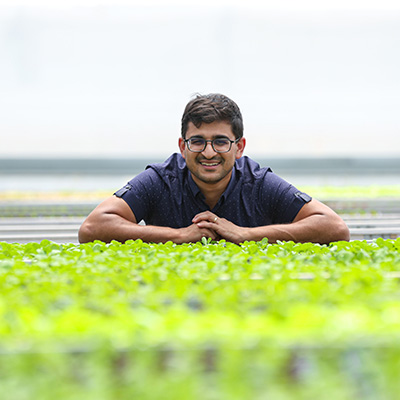A new aquaculture research programme and a hatchery technology centre will help boost the local supply of healthy newly hatched fish, protect farmed fish from diseases and solve other pressing problems faced by fish farms here.
AquaPolis, as the programme is called, will bring scientists and fish farms together to drive innovation and help to advance the local aquaculture sector, with a goal of providing consumers with higher quality fish and shrimp.
AquaPolis involves the Singapore Food Agency (SFA), National University of Singapore, Temasek Life Sciences Laboratory (TLL) and seven aquaculture players.
Under the initiative, the seven fish farms will work with the institutions' researchers to tackle challenges they face.
Warmer waters caused by climate change could lead to higher levels of viruses, bacteria and parasites in the seas.
